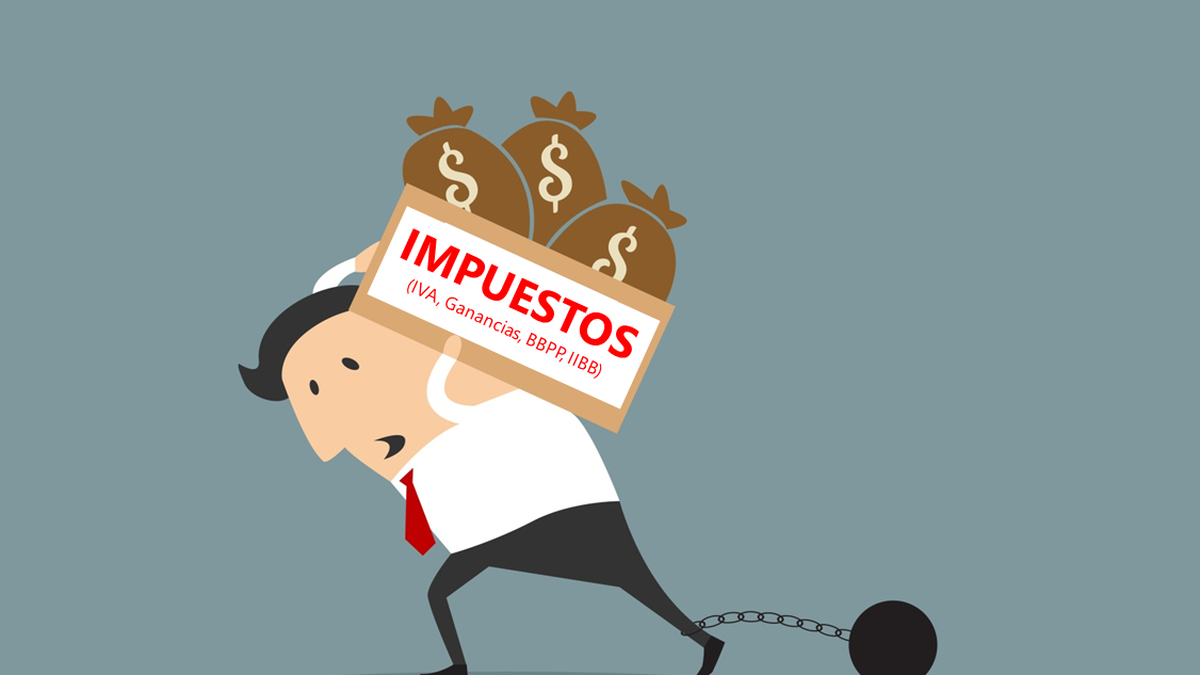The transposition of taxes such as VAT with Gross income and municipal taxes hurt competitiveness. It would be desirable to unify several taxes under VAT so as not to aggravate competitiveness problems and prolong the recession. The overlapping of sales taxes creates a complex and distorting scheme.
To the National VAT are superimposed on it Provincial Gross Income and municipal taxes on industry and commerce. One of the reasons for opposition to unification is that VAT collects 7.8% of GDP and Gross Income 4.3% (12.1% of GDP, not including municipal taxes).
What impact does unifying taxes have?
According to the OECD, the countries that collect the most from the Value Added Tax are Hungarywith a general rate of 27%, collecting 9.5% of GDP. Denmarkwith a rate of 25%, collects 9.3% of GDP. And finally, Finlandwith a general rate of 24%, collects 9.2% of GDP. In short, to achieve a similar amount of revenue, the VAT rate would have to be raised above that applied by countries that collect the most from this tax. However, it is questioned whether, as a result of unification, the country will become one of the countries with the highest general VAT rate in the world.
The truth is that this is a mistaken approach, since unification does not increase the tax burden, but rather makes it explicit. Production costs include more than 12% of GDP collected by VAT, Gross Income and municipal taxes. When exported, they have incorporated into the costs of their inputs Gross income and municipal taxes, which, unlike VAT, are not reimbursed. In themselves, they end up “exporting bad and distorting taxes”.
The benefit of unifying is that it allows you to eliminate Gross income and the municipal tax. These taxes, and their payment on account regimes, are extremely primitive and involve very high administrative costs and high legal uncertainty.
For this reason, they tend towards evasion and discretion. Without considering the distorting impacts on the organization of production and marketing. These taxes cannot be improved. The solution is to eliminate them by absorbing them with VAT.
Furthermore, through the unification of the VAT, It is clear that collecting more than 12% of GDP from sales taxes is an inconsistency.
In short, giving visibility to this problem adds pressure to move more quickly in ordering public spending and to place more emphasis on collecting other less distorting taxes.
Otherwise, pressure will increase for devaluation to compensate for the distortions generated by these bad taxes.
Professor at the University of CEMA.
Source: Ambito
David William is a talented author who has made a name for himself in the world of writing. He is a professional author who writes on a wide range of topics, from general interest to opinion news. David is currently working as a writer at 24 hours worlds where he brings his unique perspective and in-depth research to his articles, making them both informative and engaging.




